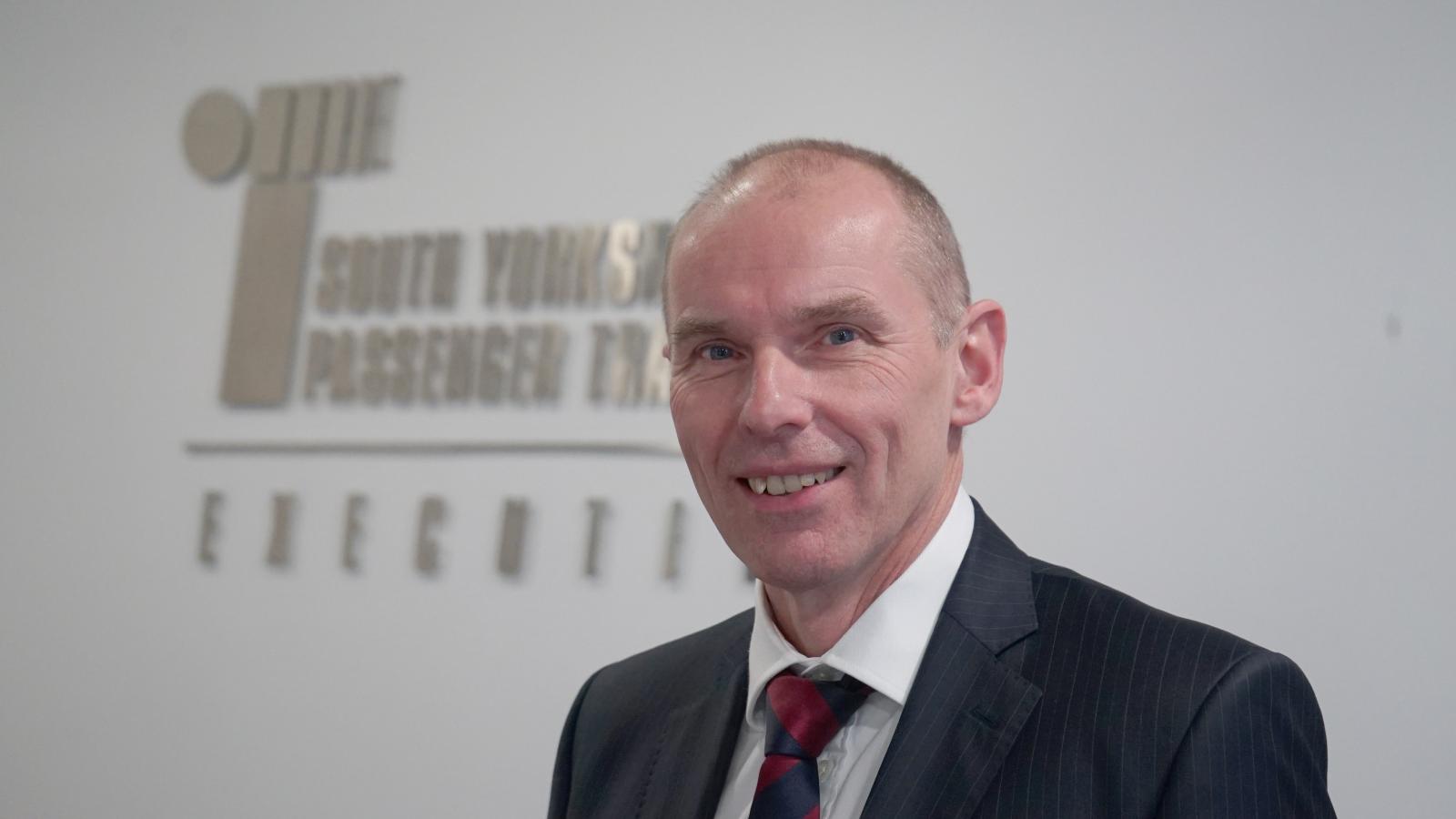Tackling transport challenges, together

People will always need to travel to places. So, there is a strong consensus around the need for high quality, integrated urban public transport networks that can support the greener, healthier and more prosperous city regions that we want to see. But the big question is how to sustain a public transport offer when passenger numbers are falling, congestion is rising and resources continue to reduce?
Cooperating in partnerships, with operators and local authorities, and working closely with other regions as the Urban Transport Group, to exchange intelligence and expertise, is one of the ways we can try to achieve more with less. But we need to recognise that responding to the challenges facing us isn’t a case of one size fits all. On the contrary, to stimulate growth, more than ever we now need to understand local markets, and their demands and needs, in order to meet them.
Investment is critical: investment in research into public travel patterns and preferences; investment in attractive infrastructure; and investment in people and embracing diversity, to sustain a strong industry workforce that strengthens the transport skill and knowledge base to generate new ideas and take a fresh approach.
Collective insight and analysis can help policy makers and providers offer modes of transport that are competitive with, or even better than, the alternative.
Everyone’s familiar with the climate rhetoric, but more needs to be done to make the grass look greener if travel behaviour is to change. It’s about increasing awareness around the impact an individual’s travel choice has on the whole community, and the benefits an efficient and integrated public transport network can bring to all – by reducing congestion on roads, for bus users and car drivers, whilst contributing towards cleaner air and a healthier community.
Research shows that using public transport helps to integrate physical activity into a daily routine, because most walk or cycle to and from bus, tram or train stops. This is an easy way to try and achieve the British Heart Foundation’s recommended 150 minutes of moderate exercise per week. People who travel by bus, tram or train are ‘happier’ too, according to a study from the University of East Anglia - simply because they have more time for mindfulness, to relax and to concentrate on themselves.
Among other factors, we’re working against a rise in car ownership, a shift in people’s expectations for more bespoke and on demand services, fare prices, increased online shopping, different work patterns and reduced investment. All of this impacts on public transport. Given this environment, it’s vital that transport leaders influence and shape what’s in their backyard and maximise every opportunity to affect change.
South Yorkshire Passenger Transport Executive (SYPTE) is supporting Sheffield City Region’s Mayoral Combined Authority in a bid for the Transforming Cities Fund, combining public transport improvements with a wider development and growth plan. Part of this would see investment in a cleaner fleet of buses. They’ll run on the most polluted corridors around the region, connecting people to employment and education, whilst contributing to air quality and congestion issues. It’s a step in the right direction. As is our Active Travel campaign, encouraging people to make small changes to the way they travel to bring big benefits for themselves and their environment. In times of less resources, the way ahead is to share them. Together we can tackle the challenges to transform public transport. Today, and for future generations.
Stephen Edwards is Executive Director at SYPTE and the new Chair of Urban Transport Group Read Stephen’s biography here

